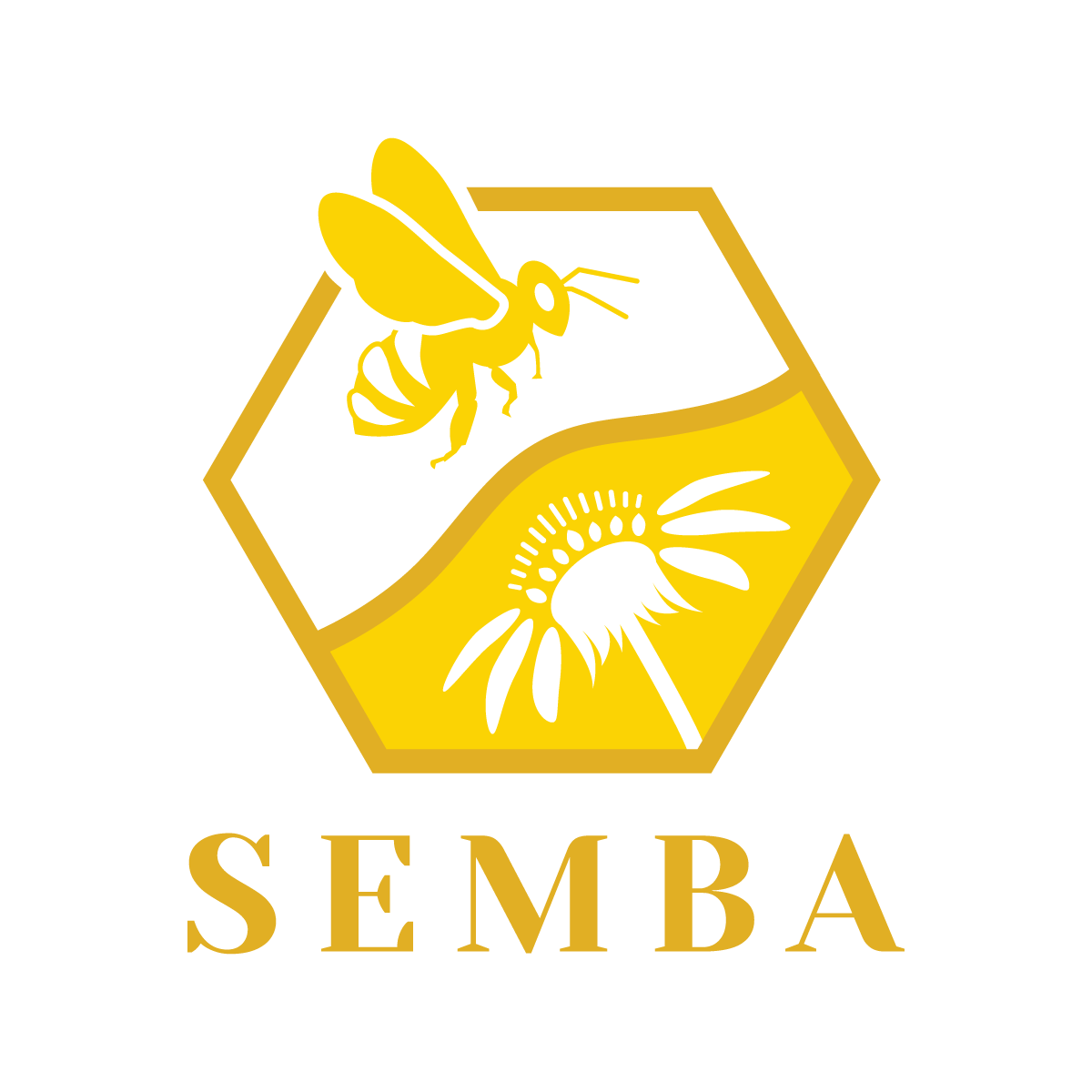SEMBA BeeKeeping School
As we welcome you to an exciting bee-centric journey, we do want to offer two notes of caution. First, take time to evaluate your reasons and goals. If you are hoping “to save the bees,” it may be more important to plant and encourage pollinator friendly farms and gardens, to join the movement to eradicate lethal pesticides, or to participate in citizen science projects that support endangered pollinators. If, however, you are fascinated by social insects, want to share a hobby with your children, are determined to have fresh honey from your backyard, want to try your hand at making mead, or feel that you can build a better beehive, then honey beekeeping is for you. Second, only one in three Michigan honey bee hives will survive their first winter. Our classes promise you the joy of discovery, the pain of stings, as well as the sorrow of learning to cope with bee loss. The board of SEMBA and the instructors at SEMBA Bee School invite you to hone both your vision and practice, as well as consider the role our eco-system plays in the life of the honey bee. For any bee school questions, please email us at sembabeeschool@gmail.com or beeschool@sembabees.org. |
|
| .jpeg) |
SEMBA Bee School Overview Welcome to SEMBA’s Beginning Bee School. This ten-month course introduces new and aspiring beekeepers to the vast world of beekeeping. Through a combination of presentations from national beekeeping experts, classroom time and hands-on experience, students work closely with a team of proficient beekeeper instructors to learn what to expect and how to manage the first year of keeping honeybees. The course applies sustainable beekeeping practices and exposes students to a broad spectrum of beekeeping information and experience including, but not limited to: The biology of the honey bee, their connection to the pollinators who share their habitats, honey bee health, pests and diseases, seasonal hive management, tools of the trade, and products from the hives. The ultimate goal is to position participants to become successful beekeepers for years to come. Students are not required to keep bees in order to take this class. Many students choose to wait a year before starting their own apiary. Those that keep bees during the class year will raise one colony in the community bee yard, at the respective class sites, and move them to their permanent locations in the fall. Campus apiaries can only support one colony per student. Therefore, students opting to keep more than one colony must secure other location sites for those colonies. There is much to discover through this combination of academic and hands-on learning. The material presented is designed to have a direct impact on participants’ success in beekeeping and colony health. While attendance is not mandatory, lack of attendance can be detrimental to meeting the course goals. Therefore, please consider your schedule when committing to this class and/or location. Given SEMBA’s mission of sustainability, through close collaboration with SEMBA’s beekeeping community, the Michigan Beekeepers Association (MBA), and Michigan State University Pollinator Extension Services, students will have the opportunity to purchase Michigan bred nucleus (‘nuc’) colonies to start their beekeeping journeys. |
Bee school yard at Tollgate Farm |
The Southeastern Michigan Beekeepers Association (SEMBA) has provided support to those interested in bees and beekeeping for over eighty years. The goals of our class are:
|
Our affiliation with the Michigan State University Department of Entomology offers access to cutting-edge research, and our knowledgeable guest presenters bring passion to our comprehensive classes and to SEMBA club meetings. We promote hands-on mentorship, as well as participation in regional beekeeping conferences. |




